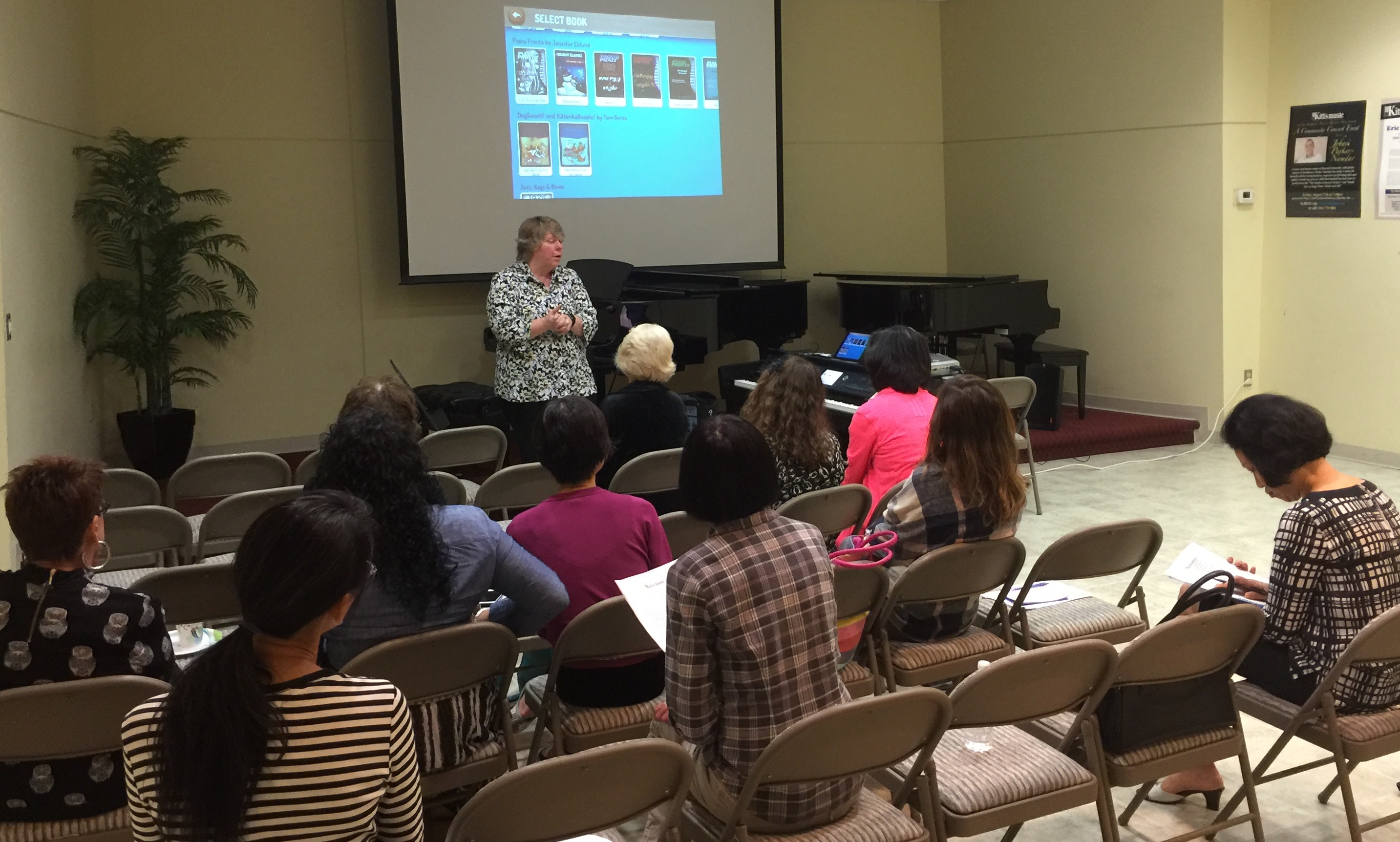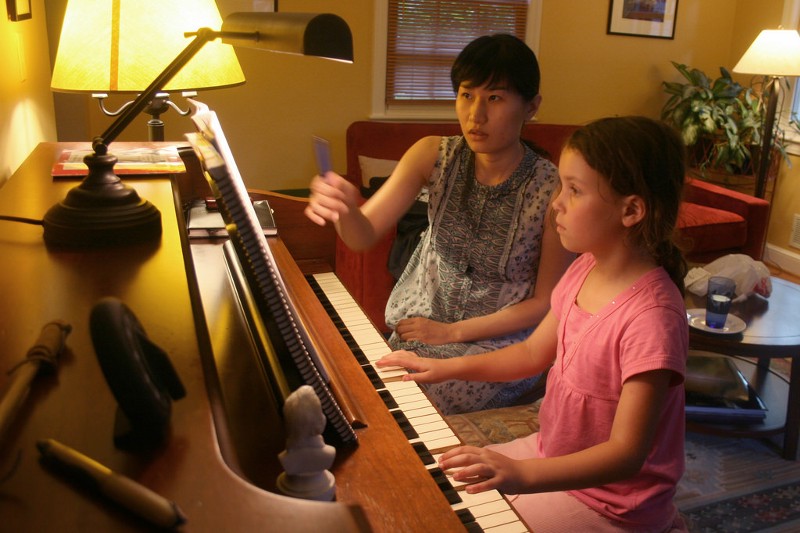The Washington International Piano Festival is a non-profit arts organization dedicated to the performance and teaching of classical music at the highest standard. The festival takes place every summer on the beautiful campus of the Catholic University of America, as well as at the Kennedy Center for the Performing Arts in our nation’s capital, Washington, D.C. Young aspiring concert pianists, teachers, amateurs, and piano lovers of all ages from all over the world are invited to participate in this inspiring and unique one-week festival.
The goal of our festival – the first and the only piano festival in Washington, D.C. – is to provide the best learning experience for everyone by combining an intensive educational program with an outstanding concert series presented by world-class classical pianists. We invite you to become part of the festival either as an active participant or an observer (see registration). All participants will have the opportunity to work with prominent piano pedagogues in daily one-on-one private lessons and to participate in a piano competition, recitals, educational workshops, lectures and master classes that will focus on both piano solo and piano ensemble repertoire. Selected WIPF participants will also have the once-in-a-lifetime opportunity to perform in two concerts at the Kennedy Center’s Millennium Stage. Both concerts are webcast live at www.kennedy-center.org. In addition to the intensive program offerings, participants will have the chance to enjoy and explore the cultural and historical sights of Washington, D.C. including museums, galleries, memorials, monuments, theaters and restaurants. A special sight-seeing city bus tour will be offered to our festival participants and guests.
In addition to presenting some of the best internationally-renowned pianists in recital (see ticket information), we are excited to offer again to the festival participants and audiences the Young Pianist Showcase concert series. These 30-minute concerts, preceding our guest artists’ evening concerts, will feature an array of extraordinarily talented young pianists who are prizewinners of local, national and international piano competitions.
During the last seven editions of the festival we welcomed more than 450 participants, faculty, and guest artists from all over the world including Japan, South Korea, China, Australia, Singapore, U.A.E., Argentina, Brazil, Russia, Belarus, Bulgaria, Hungary, Germany, France, Italy, and the U.S. They all made our festival become one of the most successful additions to the nation’s capital’s summer cultural life.
For more information or tickets, visit http://www.washingtonpianofest.com/



